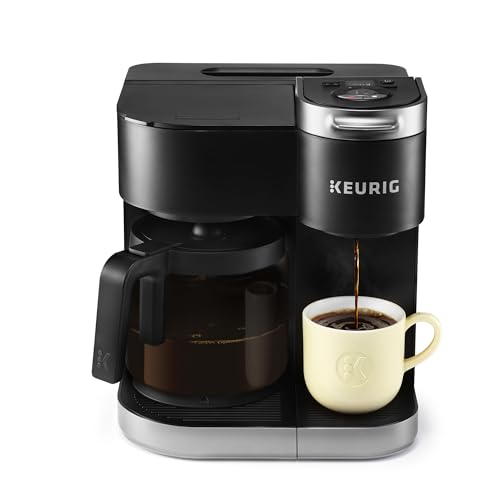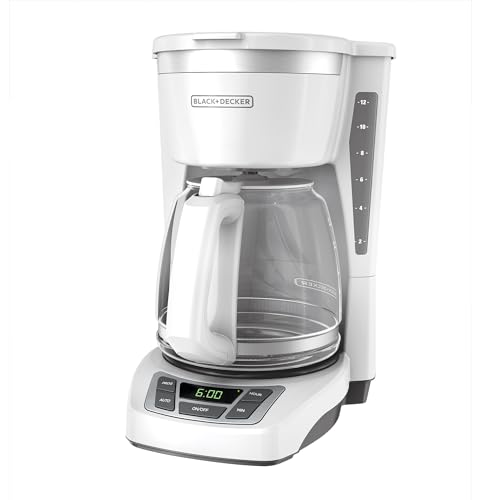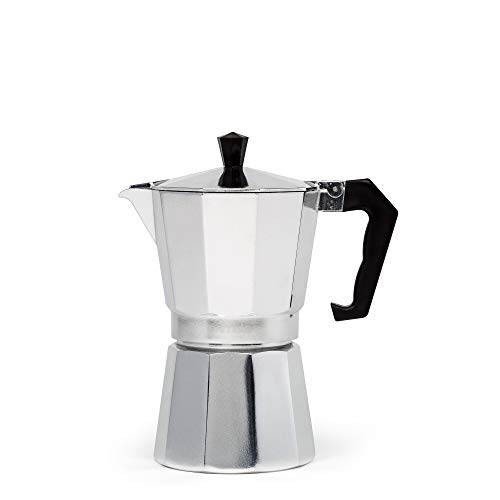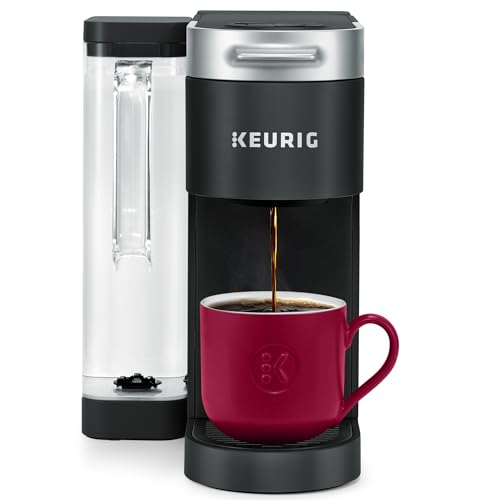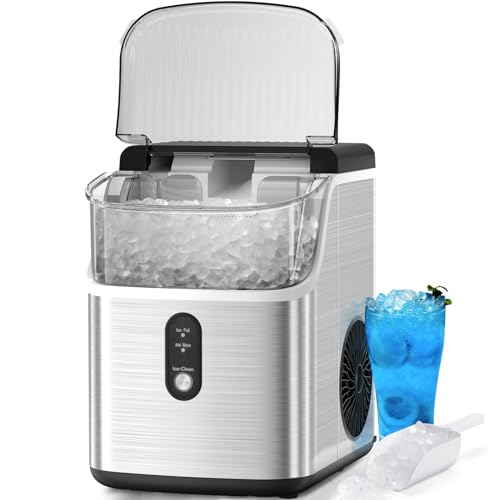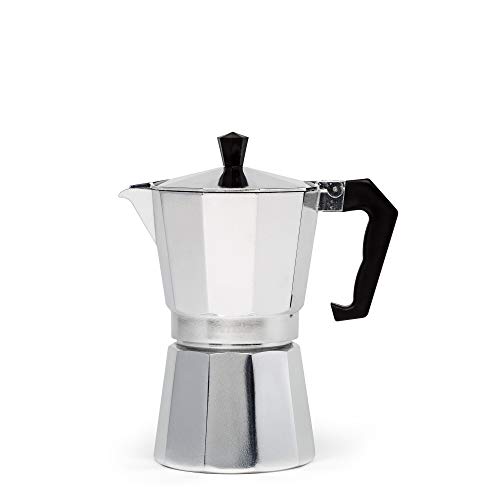“Do Juicers Remove Nutrients?” is a question that often surfaces when discussing the merits of juicing versus whole fruits and vegetables. This topic sparks debate among health enthusiasts, dietitians, and the general public alike, since we all strive to maximize the nutrient intake from our diets.
The process of juicing extracts the liquid content from fruits and vegetables, leaving behind the fibrous material. This results in a nutrient-dense beverage that is easy to consume and digest. However, the question remains – does this juicing process compromise the nutritional integrity of the produce used?
This article aims to explore this topic in detail, delving into the science behind the juicing process, the nutrient content of juice versus whole produce, and the factors that may affect this balance. Our goal is to provide a comprehensive answer to the question, “Do Juicers Remove Nutrients?”
Do Juicers Remove Nutrients?
The answer to whether juicers remove nutrients isn’t a straightforward yes or no. This largely depends on the type of juicer and the produce used. Centrifugal juicers, for instance, operate at high speeds, generating heat that can potentially degrade some heat-sensitive nutrients like Vitamin C and certain B-vitamins.
On the other hand, masticating juicers, also known as cold-press juicers, operate on a slow crush-and-press mechanism. This low-speed process minimizes heat production, preserving more nutrients in the juice. However, even with this method, some fiber, which plays a crucial role in digestive health, is inevitably lost.
Additionally, the way the produce is stored post-juicing can impact nutrient density. Juice is best consumed immediately after extraction, as exposure to air and light can result in nutrient degradation. Refrigeration can slow this process, but nutrients will still diminish over time.
Therefore, while juicing does extract a plethora of nutrients from fruits and vegetables, it can also lead to some nutrient loss, primarily fiber and certain heat-sensitive nutrients. It’s also important to remember that the nutritional quality of your juice is highly dependent on the freshness and quality of the produce used.
What is Oxidization and How Does it Affect Nutrients in Juice?
Oxidation is a natural process that occurs when the juice comes into contact with air. This interaction between the juice and oxygen can lead to nutrient degradation, specifically affecting vitamins and phytonutrients, which are responsible for the antioxidant properties of fruits and vegetables.
Though oxidation is inevitable to some extent, the rate at which it happens can vary. Certain factors can accelerate this process including heat, light, and the surface area exposed to air. This is one reason why juice tends to lose its nutritional value over time and why it is advised to consume it immediately after extraction.
That said, there are strategies to slow down the oxidation process. Using a high-quality, cold-press juicer can help reduce initial exposure to air, thus prolonging the juice’s nutrient life. Storing the juice in an airtight container, limiting its exposure to light, and refrigerating it can also help maintain its nutritional integrity for a longer period.
However, even with these measures, juice cannot retain its full nutritional profile indefinitely. As such, it is crucial to balance your intake of fresh juice with whole fruits and vegetables to ensure you’re reaping the full spectrum of nutrients offered by these foods.
Juicing can be a beneficial addition to a balanced diet, but it should not be the sole source of your fruit and vegetable intake.
In conclusion, while juicing can provide a convenient and concentrated source of nutrients, it does have limitations. Awareness of these factors and mindful consumption can help you make the most of your juicing habits and maintain an overall nutritious diet.
How Long Juice Can Be Stored Without Losing Nutrients?
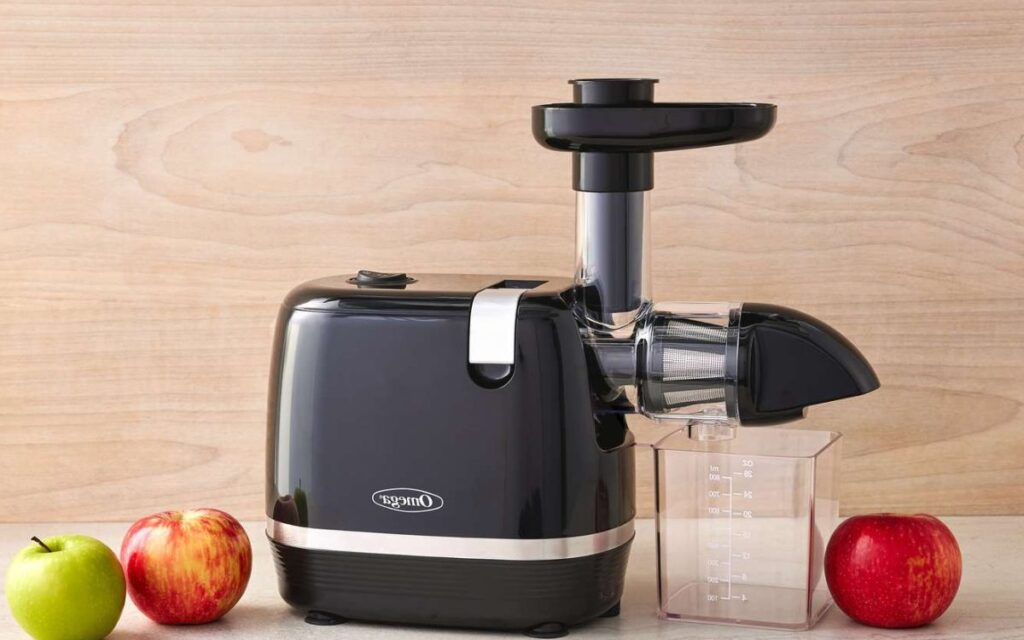
The duration for which juice can be stored without significant nutrient loss largely depends on how it’s juiced and stored. However, it’s universally agreed that freshly made juice offers the maximum nutritional value, as nutrient degradation begins as soon as the juicing process is completed.
The type of juicer used plays a role in this. Cold-press juicers, for instance, minimize exposure to heat and air, thus reducing initial nutrient loss. Juices made with these machines can generally be stored for up to 24 hours in the refrigerator without significant nutrient degradation.
In contrast, juices made using centrifugal juicers, which generate more heat, have a shorter shelf life and should ideally be consumed immediately. If required, they can be stored in the refrigerator, but for no more than 8 hours.
Regardless of the juicer type, when storing juice, always use airtight, opaque containers to limit exposure to air and light, both of which can accelerate nutrient degradation. Fill the container to the top to reduce the juice’s contact with air.
That said, while these storage practices can help prolong nutrient life, they cannot completely halt the process. Vitamin C, for example, is particularly susceptible to degradation, losing its potency quite rapidly post-juicing.
In short, to reap the maximum benefits from your juice, consume it as soon as possible after extraction. If you need to store it, follow the aforementioned guidelines and remember that, even with the best storage practices, juice should ideally be consumed within 24 hours for optimal nutrient intake.
FAQs about Juicing and Nutrient Retention
Juicing is a popular way to consume fruits and vegetables, but there are many questions about the impact of juicing on nutrient retention. Here are some frequently asked questions regarding this topic.
1. How does the type of juicer affect nutrient content?
The type of juicer used can significantly affect the nutrient content of the juice. A centrifugal juicer operates at high speeds, generating heat that can degrade heat-sensitive nutrients like Vitamin C and certain B-vitamins.
On the other hand, masticating juicers, also known as cold-press juicers, work at lower speeds and generate less heat, thereby preserving more nutrients. However, regardless of the type of juicer used, some fiber, a crucial nutrient for digestive health, is always lost in the juicing process.
2. Does storing juice in the refrigerator help maintain its nutrient content?
Storing freshly made juice in the refrigerator can slow down the degradation of nutrients, but it cannot halt the process altogether. Exposure to air and light cause the nutrient content of the juice to diminish over time.
However, airtight, opaque containers can help limit this exposure and slow down nutrient degradation. Despite this, it is important to consume the juice as soon as possible after juicing to reap the maximum benefits.
3. Are there ways to prevent or slow down nutrient loss during the juicing process?
While it’s not possible to prevent nutrient loss entirely, certain strategies can help slow down the process. First, using a cold-press juicer can help reduce initial nutrient loss as it operates at slower speeds and generates less heat.
Second, consuming the juice immediately after extraction can ensure higher nutrient intake, as nutrient degradation begins as soon as the juicing process is completed.
Lastly, if storage is necessary, using an airtight, opaque container and refrigerating the juice can help maintain its nutritional integrity for a longer period.
Final Thought
Juicing is an excellent way to increase your intake of fruits and vegetables. Yet, as we’ve discussed, it’s important to remember that the process can lead to some nutrient loss. To minimize this, consider incorporating whole fruits and vegetables into your diet alongside your juice intake.
Additionally, consider the type of juicer you use. Opting for a high-quality, masticating juicer can help preserve more nutrients than a centrifugal juicer. Remember to consume your juice promptly after extraction for maximum nutritional benefits.
In conclusion, while juicing is a beneficial practice, it’s crucial to consider the factors that influence nutrient retention.
By understanding the process and implementing mindful practices, you can optimize your juicing habits to ensure you’re not only enjoying your juice but also maximizing the nutritional benefits it provides. So, the question, “Do juicers remove nutrients?” is indeed a significant one to ponder.
